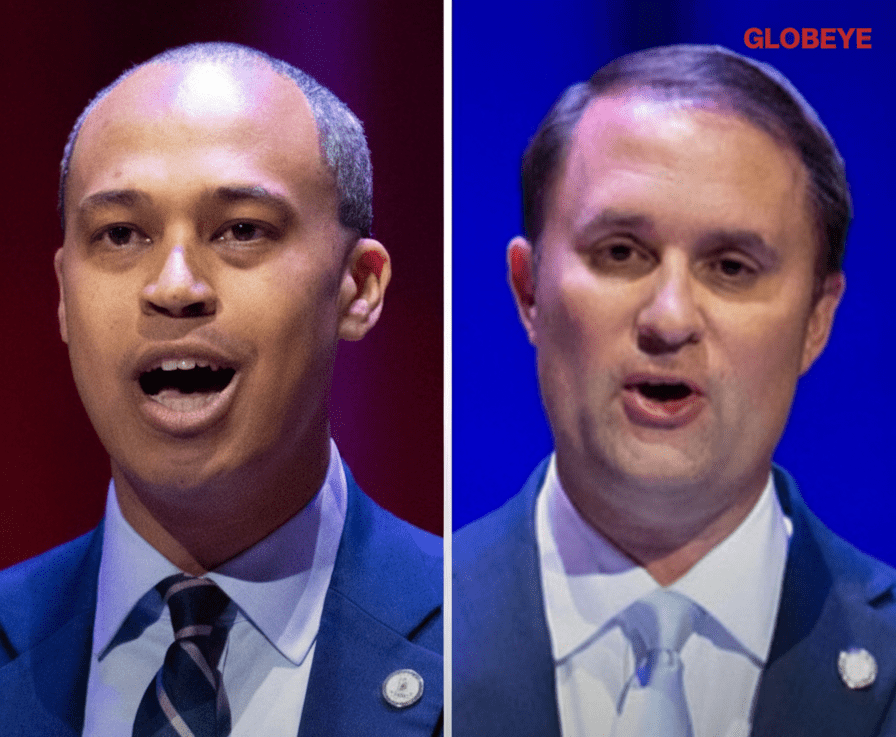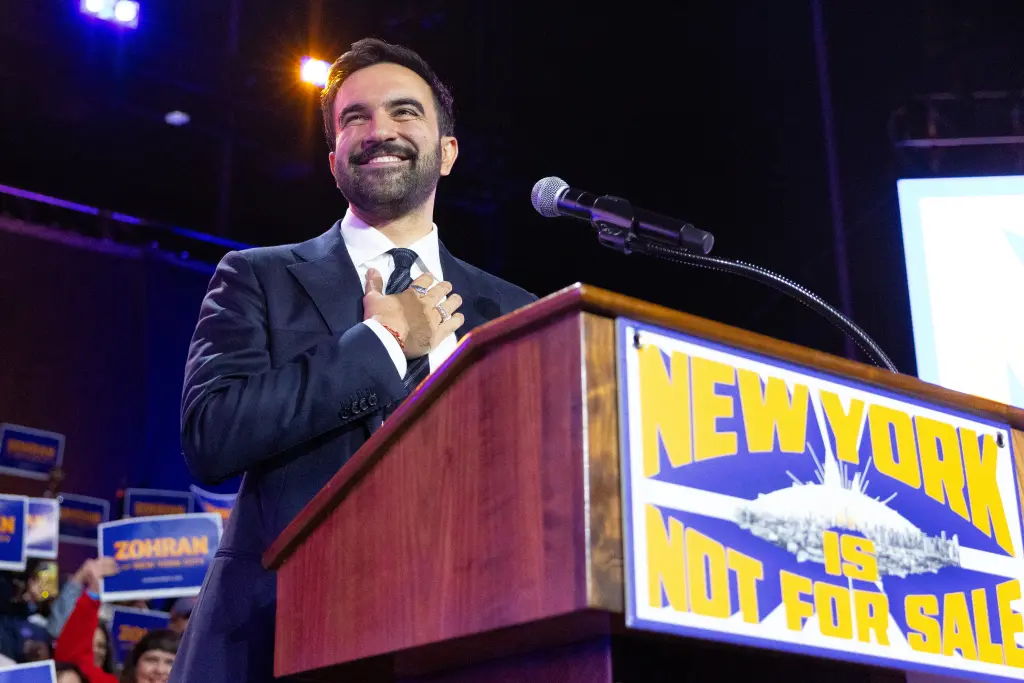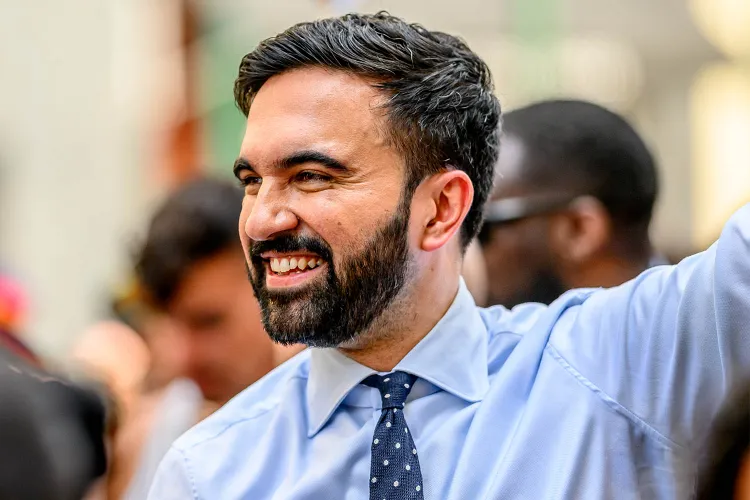Erika Kirk Rejects Jimmy Kimmel’s Apology Offer After Her Husband’s Assassination — “If It’s Not From the Heart, Don’t Bother”
Erika Kirk’s journey over the past two months has been one of unimaginable pain, fierce grace and a quiet resolve that is catching the nation’s eye. On September 10, 2025, her husband, Charlie Kirk, was tragically assassinated while speaking at Utah Valley University. In the wake of that horror, the widow of the conservative activist and founder of Turning Point USA has faced the spotlight and the world with a strength that many only wish they could muster. What she will not accept, however, is what she likened to an insincere apology from late-night host Jimmy Kimmel.

In recent days, media outlets reported that representatives of Sinclair Broadcast Group approached Erika Kirk with an offer: to appear on Kimmel’s show, where he would apologize for remarks he made in the immediate aftermath of Charlie’s death. What followed was a conversation not about optics, but about sincerity. “If you want to say ‘I’m sorry’ to someone who’s grieving, go right ahead,” Erika told Fox News’ Jesse Watters. “But if that is not in your heart, then don’t do it. I don’t want it. I don’t need it.” Her refusal wasn’t rooted in vengeance. It was rooted in authenticity. And in focus. For her, the matters at hand are legacy and purpose, not public theatre.
Charlie’s assassination reverberated across America. Hundreds of thousands attended his memorial at State Farm Stadium in Glendale, Arizona on September 21, where his widow delivered a speech filled with forgiveness, faith and fire. That gathering, and her powerful words about forgiving his alleged killer, Tyler Robinson, created a moment of reckoning for the country — raising questions about political rhetoric, violence and the cost of public life. Amid that backdrop, Kimmel’s monologue earlier in September had drawn sharp criticism. He had suggested the accused shooter was tied to the “MAGA gang,” a comment that prompted broadcast networks to suspend his show, cut ties with corporations and rattle the late-night landscape.

When Kimmel returned to air later in September, he delivered an emotional monologue in which he said he did not intend to make light of Kirk’s death and expressed regret for any harm caused. But in the world of Erika Kirk, regret is not enough — not at this stage of grief, not in this phase of mission. Her husband’s work was never about celebrity or late-night soundbites. It was about young men, faith, freedom, and the renewal of American spirit. When a broadcaster offers to host an apology, what she hears is the murmur of distraction at a time when she is asking for purpose.
“I told them thank you for their note,” she said. “But this is not our issue. It’s not our mess.” In other words, her fight is not with Kimmel. Her fight is with the fading potential of a generation looking for direction, the erosion of conviction in the young men her husband tried to reach, and the culture of cancellation and deflection that often swallows even the most serious of tragedies. She won’t participate in a staged apology unless it aligns with her higher calling — which is carrying forward Charlie Kirk’s legacy rather than managing others’ regret.

Her clarity is stunning in its simplicity. In the weeks since her husband’s death, she has assumed leadership of the organization he founded, vowed to continue his message and assured those who loved him that “his voice will remain.” She has spoken of forgiveness not as weakness but as an act of courage. She has refused to let grief become justification for bitterness. In that context, Kimmel’s assistance felt like a tangent in a story she didn’t want to prolong. She has chosen focus over closure, integrity over optics.
The conversation around Kimmel and his remarks is important. Late-night commentary and the power of platforms do matter. But Erika Kirk’s trajectory suggests that the real story now lies elsewhere — in the reconstruction of a movement, the celebration of a life cut short, and the transformation of loss into leadership. She stands as a reminder that public grief can be public purpose, and that even in the ashes of tragedy, someone must stand and say: We continue.

Her message to Kimmel, and to any public figure tempted to stage a moment rather than live one, is straightforward: Authenticity matters. She made it clear that she is not buying an offer unless it carries meaning. The tragedy that struck her family is not a prop for television. It’s a call to action. And she will answer it.
In a time of loud apologies and louder networks, Erika Kirk is choosing quiet conviction. She’s choosing her husband’s legacy. And she’s making it clear: no forced theatrics will distract from the mission.




